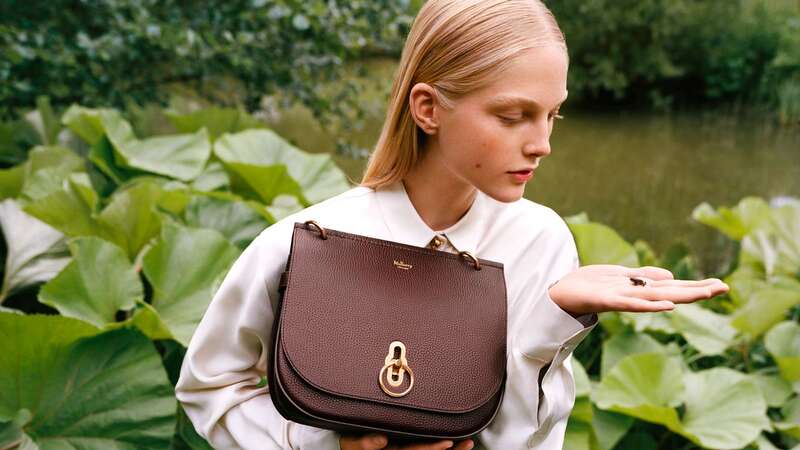
Luxury handbag manufacturer Mulberry has reported a dip in annual sales as high-end shoppers cut back on spending.
The British company disclosed a 4% decrease in group revenues for the year ending March 30, attributing the slump to worsening trading conditions in the final quarter. The decline in sales occurred "against a backdrop of challenging macro-economic conditions and a decline in luxury consumer spending".
In the UK, retail sales fell by 3.2%, while trade in China was also affected by economic uncertainty and a reduced number of luxury shoppers visiting stores in the region. Somerset-based Mulberry cautioned that there is no immediate resolution to the trading difficulties in the UK and China.
The company also repeated its warnings about annual losses due to expansion costs in Sweden and Australia, as well as investment in areas such as IT. Shares in the group fell 9% in Wednesday morning trading following the bleak update.
Thierry Andretta, Mulberry's chief executive, said: "Mulberry has not been immune to the broader downturn in luxury spending experienced in recent months, particularly in the UK and Asia. Looking ahead, the trading environment in the UK and China remains challenging and we do not expect this to change in the short term."
 Alison Hammond beams as she's wins gong at Burberry British Diversity Awards
Alison Hammond beams as she's wins gong at Burberry British Diversity Awards
The wider sector has suffered amid a global luxury spending downturn, which has impacted British fashion label Burberry and Gucci owner Kering. Last month, French conglomerate Kering issued a warning about an anticipated drop in half-year profits following a 10% slump in first quarter revenues, with sales at its leading Gucci brand down by 18%.
In the UK, trading difficulties have been exacerbated after the Government abolished VAT-free shopping for tourists a few years ago, a decision that particularly impacted luxury retailers who depend on wealthy tourists. Several luxury retailers, including Mulberry and Burberry, have previously attributed the abolition of tax-free spending to weaker sales in the UK, with consumers opting to spend more on luxury goods in other European cities.
Read more similar news:
Comments:
comments powered by Disqus






























